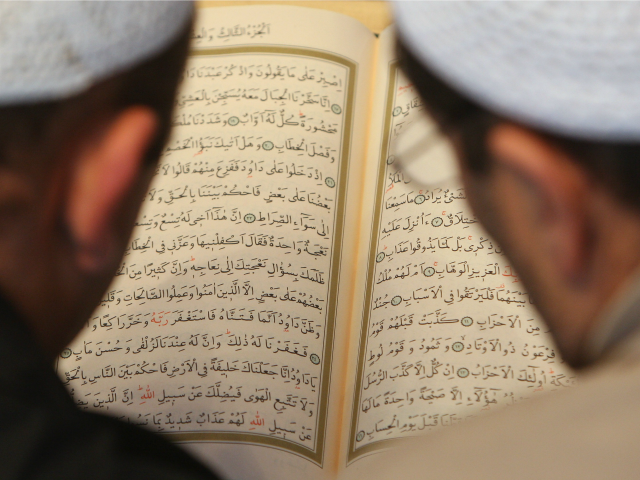The state prosecution service of Denmark is bringing blasphemy charges against a man who burned a copy of the Koran in his garden and then posted a video of the act on a Facebook page.
“Such an act may be a violation of the blasphemy section of the Criminal Code which concerns public mockery or scorn with reference to a religion,” said Jan Reckendorff from the public prosecutor’s office in Viborg.
Religious liberty proponents were quick to point out an inconsistency in the Danish decision, since in a virtually identical case involving the public burning of a Christian Bible in 1997, prosecutors opted to let the case pass without bringing charges.
On that occasion, Søren Mosegaard burned a copy the Bible on the 6:30 evening news on a state television channel, and yet was never indicted.
Jacob Mchangama, a Danish lawyer who founded Justitia, a human rights and free speech think tank, said that the double-standard represents a kind of “jihadist veto” on acts of desecration against Islam and its symbols, which do not apply to other faiths.
Some observers have suggested that Danish authorities fear violent reprisals if they do not prosecute the 42-year-old man who burned the Koran, something that would clearly not happen in the case of a Bible-burning.
In December 2005, Muslims staged deadly anti-Danish riots throughout the world, attacked Danish embassies and instigated boycotts on Danish exports after a Danish newspaper published 12 cartoons of the Prophet Muhammad.
In 2010, Kurt Westergaard, who had drawn a cartoon for the Danish newspaper Jyllands-Posten depicting Muhammad dressed in a black turban and holding a bomb, barely escaped an assassination attempt by a young Somali armed with an axe and a knife. In 2013, Lars Hedegaard, a vocal critic of Islam and a defender of Lars Vilks, a Swedish cartoonist who had ridiculed the Prophet, was shot outside his home in Copenhagen.
The deadly jihadist Paris attacks of January 2015 were also carried out in retaliation for cartoon drawings of Mohammad published in the satirical Charlie Hebdo magazine. As one commenter astutely observed at the time, the attacks were not merely meant as revenge but also as a warning. “The revolting terrorist assault on Charlie Hebdo today is designed to intimidate for the future as much as to ‘punish’ for the past,” wrote Andrew Stuttaford.
Whereas the responsibility for the murders lies uniquely with the criminals who butchered the innocent, Stuttaford noted, “it’s hard not to think that they went about their killings knowing that intimidation has been shown to work.”
Although Denmark is one of the least religious countries in the world, it still has anti-blasphemy laws in section 140 of its penal code, as do four other European countries. Other member-states have sometimes used hate-crimes legislation as de facto anti-blasphemy law.
This is the first Danish indictment for blasphemy, however, since 1971, when two program managers were prosecuted for playing an anti-Christian song on Danish radio. The two were eventually acquitted.
In the prosecutor’s words, “the circumstances of this case are of a such a nature that the matter should be prosecuted, in order to enable the courts to assess the case.” Now judges will have to decide whether to dismiss or uphold the charge, slated to be tried in June.
Follow Thomas D. Williams on Twitter Follow @tdwilliamsrome

COMMENTS
Please let us know if you're having issues with commenting.